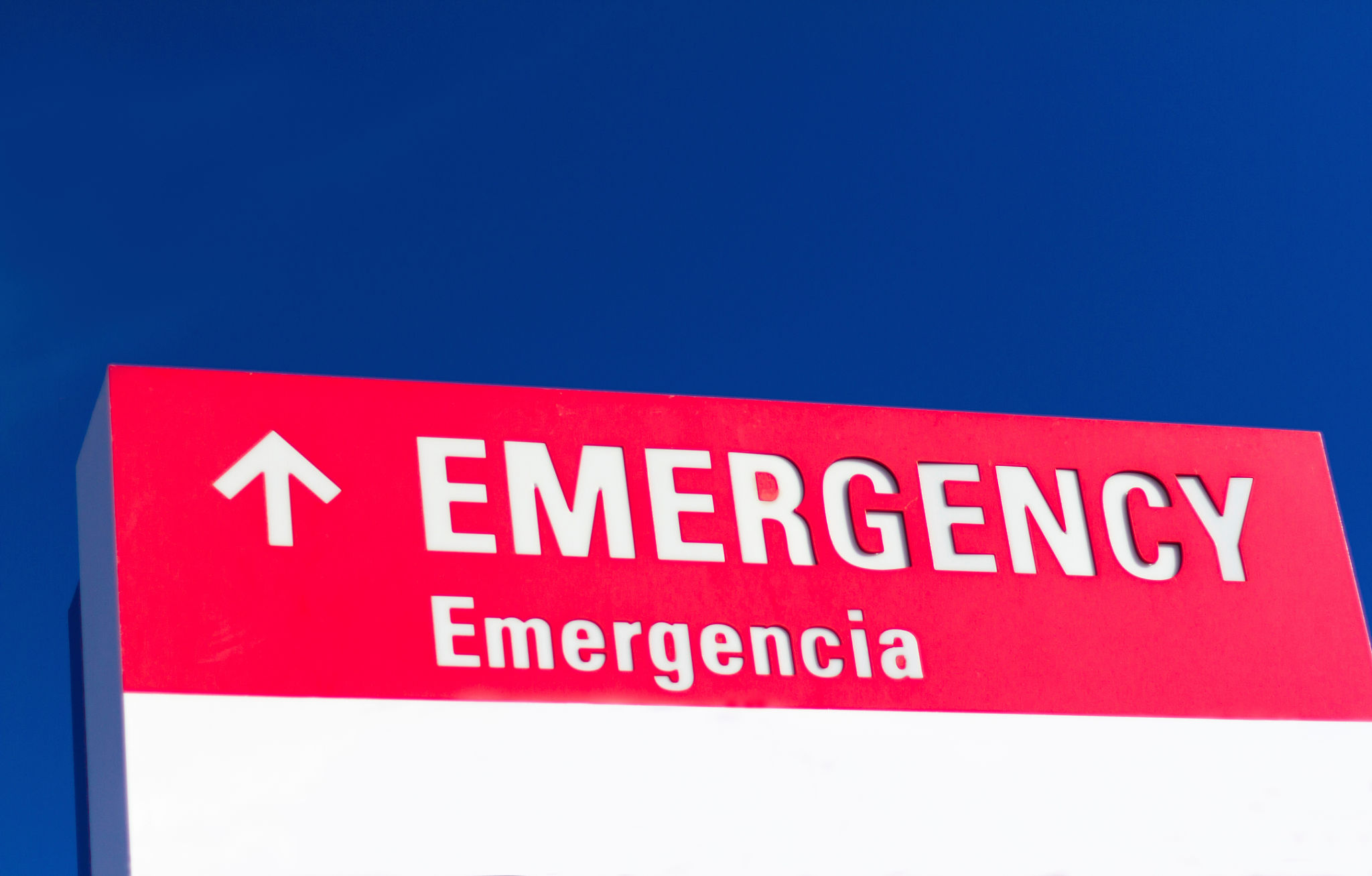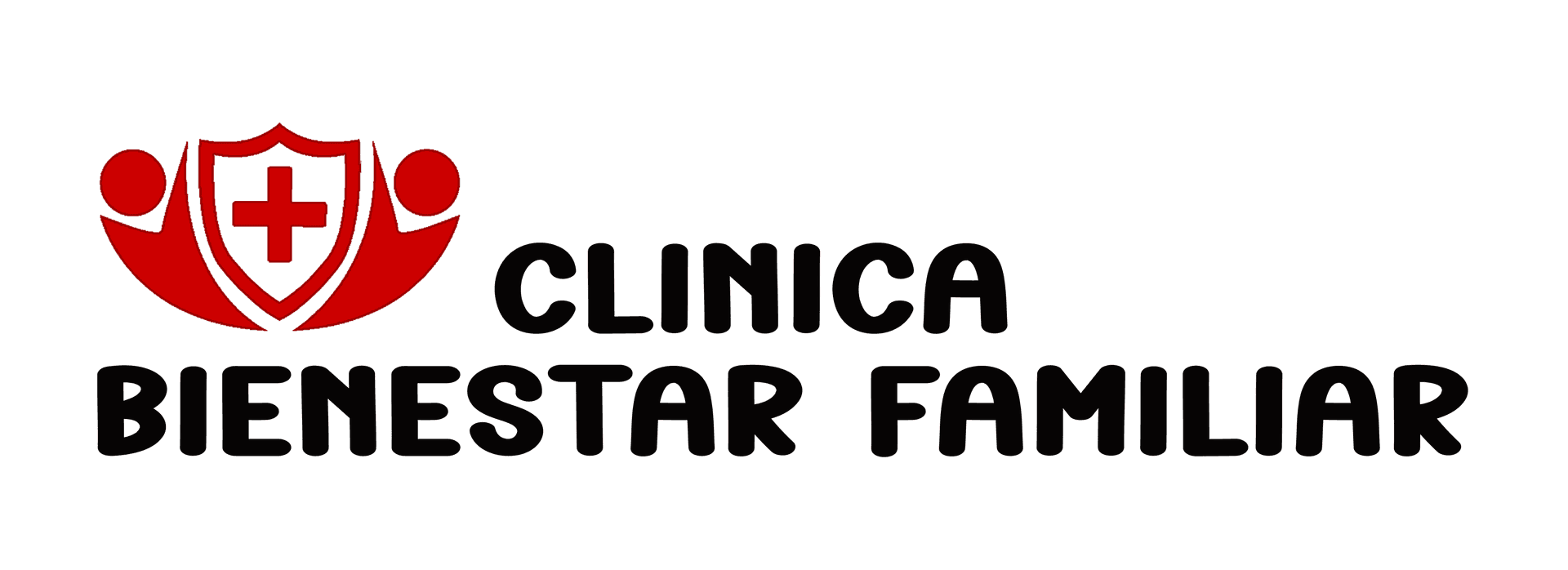Bilingual Healthcare: Bridging the Gap in Arlington's Medical Services
The Importance of Bilingual Healthcare
In a diverse community like Arlington, providing bilingual healthcare services has become increasingly essential. With a significant portion of the population speaking languages other than English at home, language barriers can pose a substantial challenge to accessing quality medical care. Bilingual healthcare professionals play a pivotal role in ensuring that all residents receive the care they need without the fear of miscommunication.

When healthcare providers can communicate effectively in more than one language, it not only improves patient understanding but also enhances trust and satisfaction. Patients are more likely to follow medical advice and feel comfortable discussing their symptoms and concerns, leading to better health outcomes.
Challenges Faced by Non-English Speakers
Non-English speaking residents often face difficulties in navigating the healthcare system. From scheduling appointments to understanding medical instructions, language barriers can lead to confusion and frustration. This can result in missed appointments, improper medication use, and overall poorer health outcomes.
In Arlington, where the population is diverse, addressing these challenges is crucial. Healthcare facilities that offer bilingual services can bridge this gap and provide equitable care to all patients, regardless of their primary language.

Benefits of Bilingual Healthcare Services
Implementing bilingual healthcare services offers numerous benefits, including:
- Improved patient comprehension: Patients are more likely to understand their diagnosis and treatment plan.
- Enhanced patient trust: Communicating in a patient's native language fosters trust and openness.
- Reduced risk of errors: Clear communication helps prevent misunderstandings and potential medical errors.
Steps Arlington is Taking
Arlington has recognized the importance of bilingual healthcare and is taking significant steps to address this need. Many hospitals and clinics have begun employing bilingual staff or offering translation services to ensure effective communication with all patients. Training programs are also being developed to help healthcare workers learn critical medical terminology in multiple languages.

Additionally, community outreach programs are being implemented to educate non-English speaking residents about available healthcare services. These initiatives aim to empower individuals to take charge of their health by providing the necessary resources in their preferred language.
The Role of Technology
Technology is playing an increasingly important role in bridging the language gap in healthcare. From real-time translation apps to telehealth services with multilingual capabilities, technology offers innovative solutions to enhance communication between patients and providers. These tools are particularly beneficial for urgent care situations where immediate understanding is crucial.
By integrating these technologies into the healthcare system, Arlington can further improve accessibility and ensure that all residents receive the care they deserve.

Looking Ahead
Bilingual healthcare is not just about language; it's about providing compassionate and comprehensive care that meets the needs of a diverse community. As Arlington continues to grow and evolve, the commitment to offering inclusive healthcare services will be vital in ensuring that every resident has access to quality medical care.
Through continued efforts in education, technology integration, and community engagement, Arlington can set a standard for other cities to follow in providing equitable healthcare for all.
